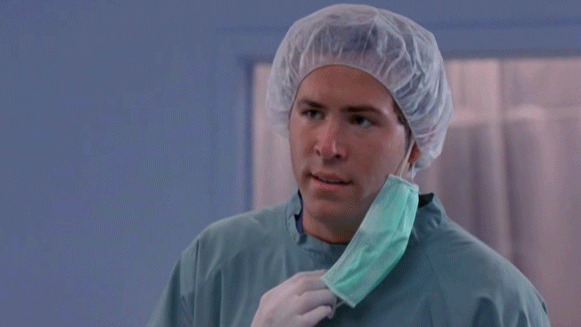My wife works in a regulated health profession at our local hospital. After becoming a P.Eng., I used to chuckle at her (while she glared at me) each year when she had to spend time both completing and reporting on her continuing professional development activities. Especially because I had no such obligations myself. On the surface, I laughed because “hey, that’s extra work that I don’t have to do”, but when I really thought about it, it made a lot of sense for a professional licensing body to ensure that its existing member base kept their skills up-to-date.
Well, I can laugh no more. The PEO recently announced the creation of PEAK (Professional Evaulation and Knowledge Program) for “ensuring the competence and ethical conduct of license holders”. You can find all the information you need about PEAK here: http://www.peopeak.ca, but I’ll try to provide a TLDR version here.
PEAK is proposed to come into effect in March 2017 and is meant to be completed annually by license holders.

First and foremost, I know what you’re thinking: “This sounds like additional work. Do I have to do it?”. Surprisingly, for the time being the technical answer appears to be “No”. As outlined in the FAQ:
The Act permits PEO to provide continuing education to licence holders; however, it currently does not allow PEO to make continuing professional education compulsory and does not provide PEO with the means to enforce compliance with a mandatory program.
I emphasized the choice of wording (“currently”) because it would seem to suggest that making PEAK mandatory, through an amendment to the Act, is on the PEO’s radar. The FAQ also goes on to state:
While completion of the PEAK program is not mandatory, should a licence holder refuse to complete any element of the program in the allotted time, this information will be publicly noted on PEO’s online directory of practitioners.
So while enforcing PEAK as mandatory is not currently achievable, a public shaming will have to do in the meantime. Let’s assume that, like me, you don’t want an unseemly blemish on your engineering record. The next logical question is: what’s involved in PEAK?
There are 3 key elements:
- Practice Evaluation Questionnaire
- This is a 15-2o minute questionnaire that acts as both an information-gathering exercise for the PEO (they want to know what areas their license holders are practising in) and a way to determine how many hours of continuing knowledge activities you’ll need to complete.
- Currently (February 2017), there is a trial version of the questionnaire available to license holders. I completed it in about 15 minutes. At the beginning, I started with a bucket of 30 hours (the maximum hours for annual professional knowledge activities) and as I answered the questions (used to judge the risk and scope of my work), that number decreased. By the end, it was recommended that I commit 15 hours to staying current in my profession. Without actually having spent the time, this seems like a reasonable result.
- Online Ethics Module
- First thought: “AAAAAH, a yearly PPE?!”
- Don’t worry, it’s not so bad. Although there isn’t a trial version of the module available yet, it’s supposed to be a refresher module (online, most likely) followed by a short quiz.
- Total time commitment: ~1 hour
- Continuing Knowledge Declaration
- As mentioned, upon completion of the Practice Evaluation Questionnaire, you will be given a minimum number of hours of “professional knowledge activities” that need to be completed for the year. These activities are generally meant to increase or maintain your technical knowledge and can include (aside: is it just me or does the PEO love to break things down into 3 categories?):
- Formal education: college/university courses, specialized training or certification
- Informal education: self-study, conference participation, structured peer mentoring
- Contribution to knowledge: anything that spreads knowledge to other license holders or establishes best practices for the profession (the author quietly wonders whether this blog counts…)
- Presumably when you’ve completed the required hours, you write up how you fulfilled them and send it to the PEO. There do not appear to be formal guidelines for such a report yet, but they may be forthcoming. The whole things seems based on the honour system, as the PEO does not plan to audit your activities.
- As mentioned, upon completion of the Practice Evaluation Questionnaire, you will be given a minimum number of hours of “professional knowledge activities” that need to be completed for the year. These activities are generally meant to increase or maintain your technical knowledge and can include (aside: is it just me or does the PEO love to break things down into 3 categories?):
There you have it. PEAK in a nutshell. If things go as the PEO claims, you’re likely looking at a 20-minute questionnaire + 15-30 hours of professional development + a 1-2 hour writeup. Something to look forward to after you’ve written your experience record. Is it a good thing? I think the motivation is good and, in theory, any licensing body should make sure its membership are keeping their skills up. We’ll have to wait and see how effective PEAK is in this respect. I’d love to hear your thoughts in the comments!